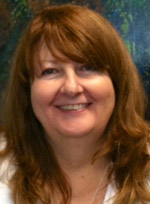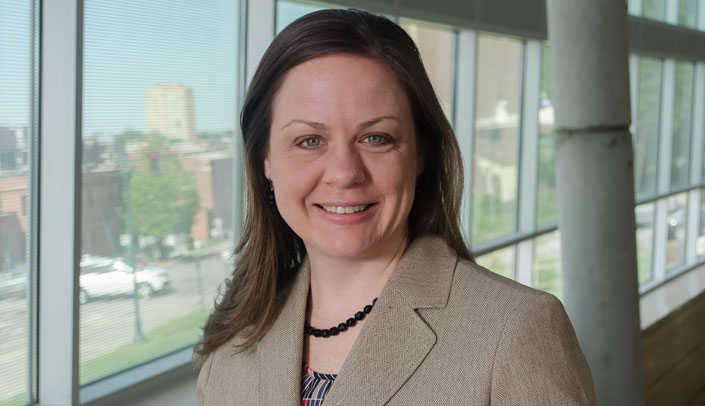Faculty members needed
UNMC faculty members are needed to participate as mentors in the 2015 Healer’s Art class, which will meet throughout January and February at UNMC.
Here is the schedule for 2015. Sessions are on consecutive Mondays, from 5.30 to 8.30 p.m. for five weeks.
- Jan. 19: Discovering and Nurturing Your Wholeness.
- Jan. 26: Honoring Loss.
- Feb. 2: Sharing Grief: The Healing of Loss.
- Feb. 9: Allowing Awe in Medicine.
- Feb. 16: Service as a Way of Life.
- Feb. 23: Severe weather back-up date.
Volunteer mentors must commit to participate in all five sessions.
Mentors have reported that faculty are often as profoundly affected by the course as the students, reporting a renewal of their enthusiasm for teaching and their love of medicine.
“It’s a reminder of why a lot of us even chose to take this 11-year journey,” said Dr. Evans.
Medicine is a profession. Medicine is a calling.
And medicine is also an art.
Exploring the human dimensions of medicine is the focus of the Healer’s Art class, an innovative discovery model course aimed at first and second-year medical students that is currently seeking faculty volunteers for the next session.
Charity Evans, M.D., became involved in the program in the fall and winter of 2013-14. She will return this year is a faculty mentor, as well.
“I think, for the faculty who take part in this, that it’s almost a renewal,” Dr. Evans said. “It almost feels like ‘That’s why I started on this journey years ago.'”
The curriculum is designed to help students, who often feel swamped by the massive amount of information they must process and memorize as M1s and M2s, to rediscover and strengthen the altruistic values, sense of calling and intention to serve that led them to medicine.
A majority of her student group last year had memories of wanting to help people from very early in their lives, Dr. Evans said.
“I think that’s an aspect of what led them toward medicine,” she said.
While the regular curriculum matures a student’s scientific mind, the Healer’s Art program helps begin to mature their heart, compassion and empathetic approach to their patients, she said.
The five three-hour classes address various aspects of life as a healer, including discovering and nurturing your wholeness, honoring loss, sharing grief, allowing awe in medicine and service as a way of life.
 |
Robin Zagurski |
“I think the value to the students is realizing that they all have a common experience, not only with their peers, but with the doctors who have trained before them, and in my case, with other health care professionals,” said Robin Zagurski, a social worker in the psychiatry department who participated in the 2013-14 class session. “Being tired, overwhelmed, and wondering about boundaries are struggles for everyone in the health care field. But here, they learn that it’s OK to be human and have human emotions.
“Sometimes students in training feel they have to shut off all their emotions,” Zagurski said. “But sharing an emotional experience with a patient is what makes a better healer.”
The program is currently seeking faculty mentors. Last year, 17 faculty members participated, from specialties such as hematology/oncology, emergency medicine, surgery, pediatrics, internal medicine and others.
